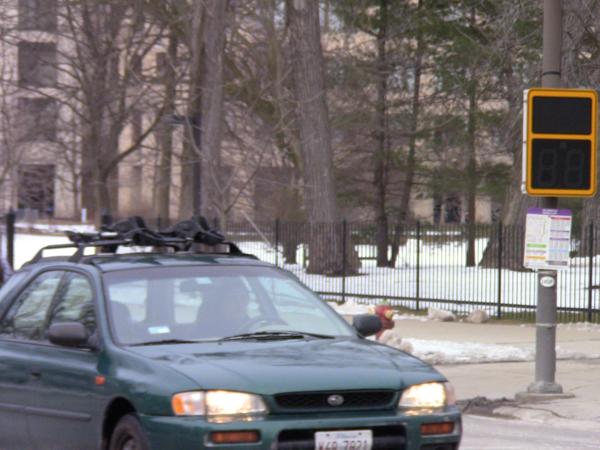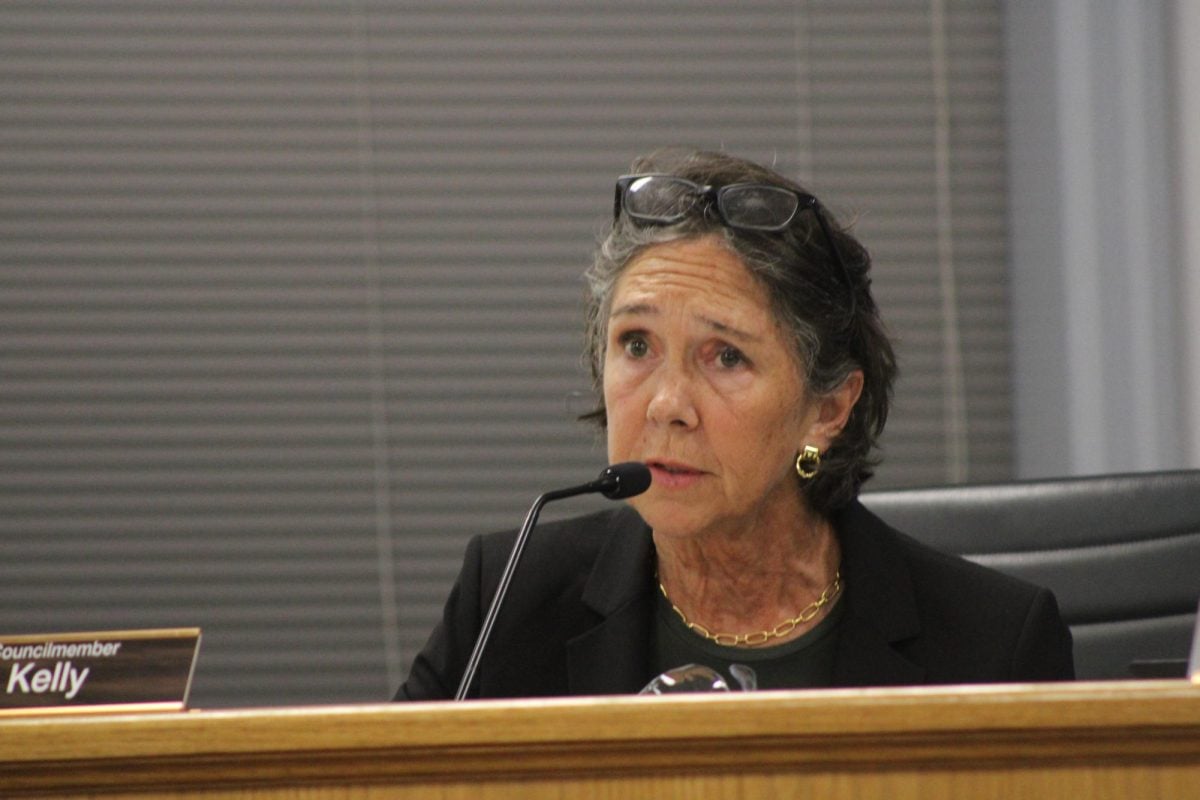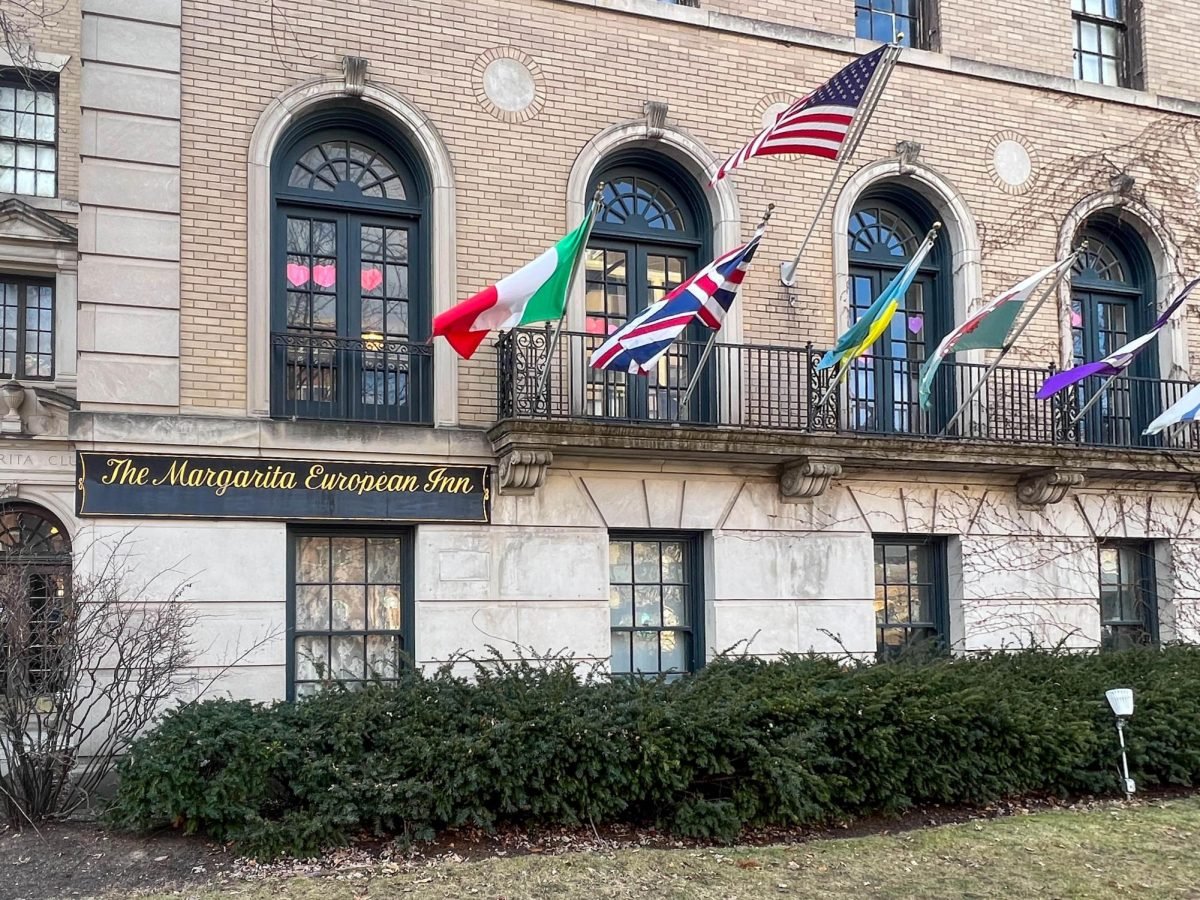
Drivers on Sheridan Road had better slow down when the city’s newly installed portable speed machines start flashing rapidly — but the city will have to get those machines working first.
City traffic engineers installed two portable speed limit machines Thursday on Sheridan Road to educate drivers about the road’s 30-miles-per-hour speed limit. A day and a half after the machines were installed, however, they stopped working, said Traffic Control Corporation employee Andres Santos, whose company supplies the machines to customers throughout the Midwest.
“It’s just ironic that we put two signs on Sheridan and they operate for a day and a half and then they don’t,” Santos said. “(The engineers) are a little bit duped to why they’re not working.”
Evanston has installed six solar powered speed limit machines since the city started buying them from the Traffic Control Corporation last spring. Besides warning drivers when they drive past the speed limit, the machines store information about the number of speeding violations in a particular area.
The Evanston Police Department handles 3,400 motor crashes on average every year, some of which result from speeding.
“I hope drivers recognize it’s an area where students, staff cross Sheridan Road throughout … the afternoon, evening and late night,” Northwestern deputy police chief Daniel McAleer said.
The speed limit machine closest to Northwestern is located by the bus stop across from Emerson Street, where many students jaywalk to get to class.
“If cars are slower, we would jaywalk more easily,” Weinberg freshman Ben Bloch said. “It won’t be (safe) unless you put a stop sign at every corner.”
Although the machines warn drivers when they are exceeding the speed limit, they do not issue automatic tickets, said Rajeev Dahal, the city’s senior traffic engineer. The portable machines are rotated throughout the city in response to citizen complaints concerning traffic issues, Dahal said.
“This is a tool to show drivers how fast they’re speeding,” he said. “A lot of students are crossing throughout that area.”
The Traffic Control Corporation will hold a conference call with city engineers to address the issues with the machines, Santos said. He said fixing the speed signs can be as simple as rebooting the machines and that they should be up in a couple of days.
City traffic engineer Homayoon Pirooz, who has worked with solar powered speed limit machines in Ann Arbor, Mich., said the machines are worth the trouble even though they often come with glitches.
“Solar powered devices are sometimes tricky until the owner learns them as best as they could,” Pirooz said. “Our staff had to go back and adjust and fix them until they work right, but it’s worth the effort.”


















